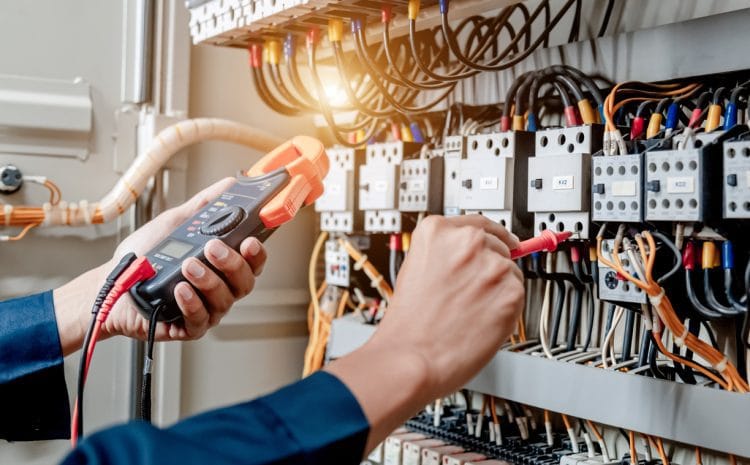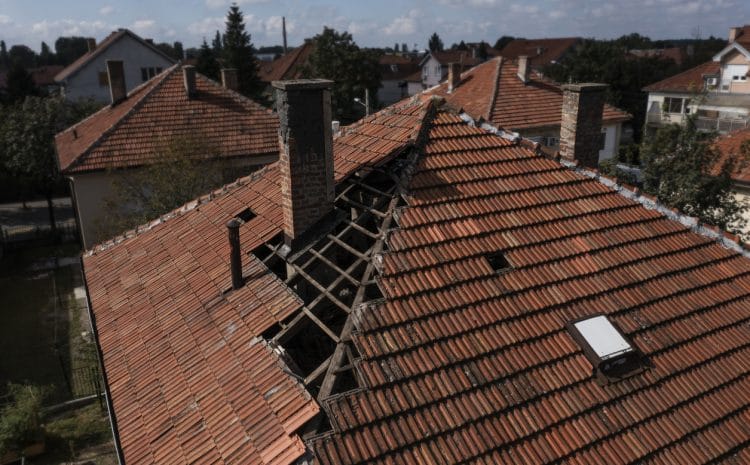Can a General Contractor Do Electrical Work?

If you’re planning a renovation or new construction project, you may be asking, can a general contractor do electrical work? It’s a common question, especially among property owners looking to streamline the hiring process and keep budgets in check. General contractors (GCs) manage various aspects of construction, but their ability to perform specialized tasks like electrical work depends heavily on licensing laws, job scope, and state regulations. In this blog, we’ll break down the rules, risks, and responsibilities that surround this topic—so you can make an informed decision when hiring for your next project.
Understanding the Role of a General Contractor
A general contractor is typically responsible for overseeing construction or remodeling projects from start to finish. They coordinate schedules, hire subcontractors, source materials, and ensure everything meets local building codes.
However, being a “general” contractor does not automatically grant the right to perform specialized trades like electrical, plumbing, or HVAC—especially without the proper licenses.
When GCs Can Handle Electrical Work Themselves
In many states, general contractors cannot legally perform electrical work unless they are also licensed electricians or employ someone who is. The key here is licensing. States like Florida and California have strict guidelines on what GCs can and cannot do.
Some exceptions may apply in cases such as:
- Minor electrical tasks like changing fixtures or switches (check your local codes).
- GCs who hold multiple licenses (e.g., both general and electrical).
- Emergency temporary repairs, where allowed by law.
To verify what’s allowed in your area, consult your local Department of Labor or State Licensing Board.
Source: Florida Department of Business and Professional Regulation
Licensing Requirements: Why It Matters
Electrical work is heavily regulated for a reason—it’s dangerous if done incorrectly. That’s why licensed electricians are required to undergo years of training, pass exams, and stay up-to-date with evolving building codes.
Key Licensing Facts
- In Florida, only a certified or registered electrical contractor may install or repair wiring systems.
- GCs who perform unlicensed electrical work can face penalties, revoked licenses, or liability lawsuits.
- Some insurance policies may not cover damages caused by unlicensed work.
Bottom line: Even if a GC offers to “throw in” some electrical work, you should always confirm licensing and certifications before agreeing.
Reference: U.S. Department of Labor – Electrical Contractors Regulations
Hiring a GC vs. an Electrician: What’s the Right Move?
If your project requires both structural and electrical work, it may seem efficient to let the GC handle everything. But this can backfire if they’re not authorized to touch the wiring. A reputable GC will bring in a licensed electrician as a subcontractor, ensuring the work meets safety standards and code compliance.
How to Ensure Compliance:
- Ask the GC for a copy of their license and any subcontractor credentials.
- Request a detailed scope of work in your contract.
- Check the permit status and who pulled the permit—GC or electrician?
These simple steps can help you avoid fines, project delays, and future electrical issues.
Benefits of Hiring a Licensed Electrician
When dealing with something as critical as your property’s electrical system, cutting corners can cost more in the long run. Here’s why hiring a licensed electrician—whether directly or through your GC—is worth it:
- Code Compliance: Ensures all work is up to NEC and state standards.
- Safety: Reduces risk of electrical fires and system overloads.
- Insurance Protection: Most insurers require certified work for claims eligibility.
- Resale Value: Inspections may flag improper wiring, affecting your property’s value.
FAQ: Can a General Contractor Do Electrical Work?
Can a general contractor legally perform electrical work?
Answer: In most states, general contractors are not allowed to perform electrical work unless they also hold a valid electrical license.
What’s the risk of hiring a GC without an electrical license?
Answer: It may violate state laws, void insurance coverage, and result in substandard or dangerous installations.
Can a GC subcontract a licensed electrician?
Answer: Yes. This is the preferred and legal method for GCs to include electrical services in their projects.
Are there minor electrical tasks a GC can do?
Answer: Possibly. Some jurisdictions allow GCs to perform low-voltage or cosmetic electrical tasks. Always check with local code enforcement.
What should I ask before hiring a GC for a project involving electrical work?
Answer: Ask for licenses, subcontractor details, permits, and proof of insurance specific to electrical work.
Will unlicensed electrical work pass inspection?
Answer: No. Most building departments require work to be done by a licensed electrician for it to pass inspection and receive final approval.
Related article: What Is a General Contractor? Residential vs. Commercial Projects Explained
Final Thoughts
So, can a general contractor do electrical work? The short answer is—not unless they’re licensed to do so. While it may be tempting to let a GC “handle it all,” ensuring that any electrical component is performed by a certified electrician is critical for safety, legal compliance, and long-term peace of mind.
Hiring the right professionals for each task doesn’t just save you from legal trouble—it guarantees quality, protects your investment, and keeps everyone safe.
Need Expert Help with Your Next Project?
If you’re looking to hire a General Contractor in FL who works with licensed electricians and follows all building code regulations, check out 411 Claims Help for trusted guidance and support.



